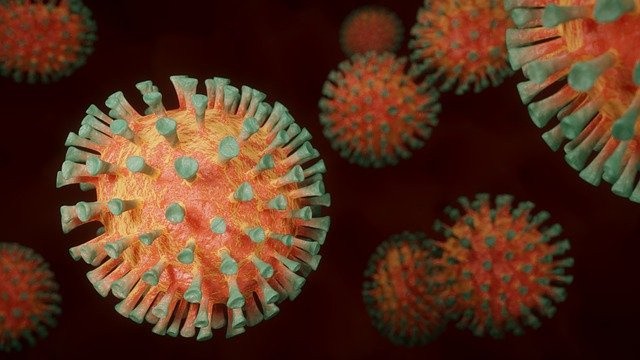
COVID-19 long haulers suffer more prolonged symptoms, but research points to answers that might explain why it happens. Not everyone suffers from it, but for those with it is no picnic.
Since its advent, the coronavirus has been around ad confounding scientists deciphering the disease. Looking for therapies and vaccines is the primary activity of researchers.
But many factors like the evolution of the pathogen and everything about it need more research, but maybe some answers are pointing in the right direction.
COVID-19 pandemic remains a mystery
Researchers are still learning why or how well the antibodies work, despite their achievements in outbreak prevention. This is particularly true as new virus strains develop and immunization side effects like allergic reactions, heart inflammation (myocarditis), and blood clotting become much more frequent, reported SciTech Daily.
There is a need to know how the pathogen works in certain conditions. About a single person from four will be afflicted with symptoms that stay longer after getting better, called long covid. Sometimes the vaccine may have unexpected side effects that might be due to antibody reaction.
When antibodies act like viruses
Several researchers have come across explanations regarding the extended symptoms, including William Murphy and Dan Longo, who co-wrote the article. They both think the Network Hypothesis by Niels Jerne could be a good solution.
Jerne's hypothesis assumes how well the immune response regulates antibodies. This describes a process wherein the immune response pumps out a defensive autoimmune reaction in response to an antigen, like a virus. These same protective antibodies may eventually trigger a new production of antibodies towards themselves, ultimately eliminating COVID-19 long haulers.
Another layer of secondary antibodies is the anti-idiotype immune response, which will attach itself and wipe out the former protective response. Also, these antibodies could act and reflect the antigen that will cause the side effects, noted Science Direct.
How COVID-19 infection starts
The spike protein will attach to the ACE2 chemical to enter the cell. Next are immune bodies generating the antibody defense seeking out the virus. It is blocked or destroyed by the immune response.
Some kinds of down-regulation might occur during the process, which is defensive antibodies that are anti-idiotype. It can, over some time, lessen the efficacy of vaccines or normal antibodies, which makes therapies ineffective to stop infection.
Murphy added these newly generated anti-idiotype antibodies with structures that can mirror the initial antigen. Next, they work identically in binding to the same targets as the viral antigen. This interaction can cause undesirable results and disease, particularly in the long run.
One idea is these mirroring antibodies might be seeking the same ACE2 chemicals. If the receptors are blocked from getting triggered, that will compound ACE2 functions in the cell.
He added that the vital function of ACE2 on many cell types might be the cause of extended COVID-19 symptoms. It could finally explain why symptoms linger after getting better.
For the two researchers, the vaccine is the main antigen to stop the SARS-CoV-2 spike protein. What is essential to halt COVID-19 long haulers from suffering is to have a better immune response and virus neutralization.
Related Article : New Research Reveals Mechanisms That Make Coronavirus Variants, Mutations Highly Transmissible








